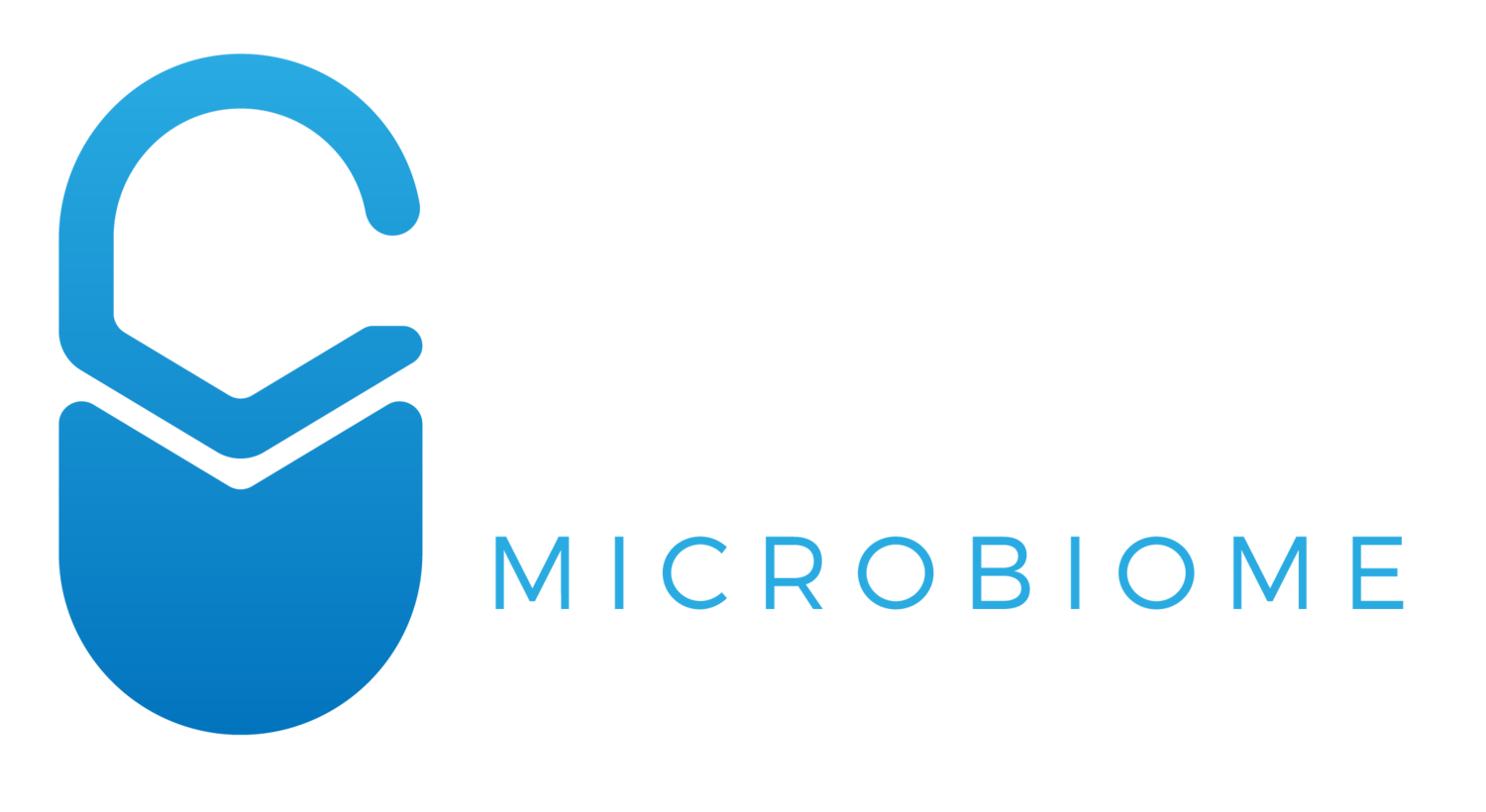The Microbiome, Vagus Nerve, and the Brain: An Intricate Dance of Physiology.
The human body is an intricate network of systems, all of which work in harmony to keep us functional and alive. In recent years, the interplay between our gut microbiome, the vagus nerve, and the brain has garnered significant attention from the scientific community, revealing a profound connection that impacts our overall health and well-being. This blog post will delve into the fascinating world of this triad, exploring their interconnectedness and the implications for our health.
The Gut Microbiome: Our Inner Ecosystem
Our gut is home to trillions of microorganisms, including bacteria, viruses, fungi, and other microscopic life forms. Collectively known as the microbiome, these organisms play a pivotal role in digesting food, producing essential vitamins, and protecting against harmful pathogens. Beyond these well-acknowledged roles, research has illuminated the profound influence of the microbiome on various bodily functions, including our mental health.
The Vagus Nerve: The Body’s Communication Superhighway
Originating from the brainstem and wandering down to the abdomen, the vagus nerve is one of the longest cranial nerves in the body. As a primary component of the parasympathetic nervous system, it’s involved in various vital functions, including heart rate regulation, digestion, and respiratory rate. However, its role doesn’t end there.
Bridging the Gut-Brain Axis: The Vagus Nerve Connection
The gut-brain axis refers to the bidirectional communication between the gut and the brain. Here, the vagus nerve acts as a critical communication channel. When the gut microbiome is in balance, beneficial bacteria produce metabolites and neurotransmitters like serotonin, which can influence our mood and brain health.
On the flip side, disturbances in the gut microbiome have been associated with a range of neurological and psychiatric disorders, from anxiety and depression to neurodegenerative diseases like Parkinson’s. The vagus nerve transmits these microbial signals directly to the brain, emphasizing the importance of a healthy gut for a healthy mind.
Implications for Health & Therapeutics
Understanding the connection between the microbiome, vagus nerve, and the brain offers promising avenues for novel treatments. By modulating the gut microbiome, we can potentially influence the signals sent via the vagus nerve to the brain, offering therapeutic strategies for mood disorders, cognitive decline, and other neurological conditions.
For instance, certain probiotic strains have been shown to exert positive effects on mood by modulating the gut-brain axis. Similarly, vagus nerve stimulation (VNS) is an FDA-approved treatment for epilepsy and depression, further highlighting the importance of this nerve in brain function.
Conclusion
The intricate dance of physiology involving the microbiome, vagus nerve, and the brain serves as a testament to the human body’s interconnectedness. As we continue to unravel the mysteries of this relationship, one thing is clear: taking care of our gut health can have profound implications for our brain health and overall well-being. It’s a dynamic world inside us, and every player matters.

